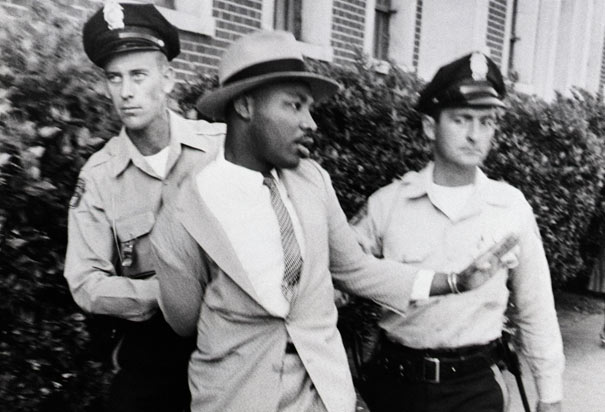On most weekends, Scott Pegram is a jeans and sneakers kind of guy, typical of any American male in his late 20s. But these days, he never pulls them out.
It’s safer that way.
While other men are out jogging in sweats, casually navigating the streets of New York City sporting a hoodie without second thought, Pegram is rarely seen without a button-up, fitted trousers and fashionable boots.
That means business casual whenever he’s in public, trimming his hair to a shorter length so he’s always presentable and covering up the many tattoos on his muscular arms.
Suppressing his sense of self.
As a young black man living in America in 2015, he knows how he is perceived: angry, aggressive and dangerous. At worst, “hood” or “thug,” two pejorative terms that have been unfairly and casually coded as of late to describe young black men.
Pegram has witnessed what happens to people like him, some of whom were targeted for their blackness and killed. Many happened to be wearing casual outfits. There was Trayvon Martin who was shot and killed while wearing a black hoodie; Michael Brown, Jr. sported baggy attire when he was shot in Ferguson one year ago Sunday; Freddie Gray wore a gray windbreaker attached with a hood when he was arrested in Baltimore.
In 2013, the website
Killed by Police documented 770 police related deaths. That statistic spiked to 1,104 in 2014. So far in 2015, there have been 699 reported deaths with countless others that have not been reported or made public. According to statistics, the percentage of blacks killed by police is much higher than other demographics. There are roughly 4.2 out of every million black people killed, compared with 1.6 per million for whites.
To avoid becoming yet another statistic, black men across the country, like Pegram, have adopted a dress code to deflect negative attention as a conscious means of survival. They want to send this message: “I’m safe. I don’t pose a threat. You can trust me.”
Certainly, many black American men dress up simply because they like to. They don't necessarily dress fashionably to feel safer in their skin or to avoid police suspicion. One need look no further than style stars like Pharrell Williams and Kanye West, up-and-coming dandies like Jidenna, who are trendsetters in their own right.
Fashion bloggers like Sabir Peele say their own sharp sense of style comes from an innate desire to express themselves through clothing. “I’m normally dressed in suits because that’s my personal taste,” the 28-year old says. "I don't necessarily dress up because I want to deflect any attention from police, no. But I wonder if people would be questioning why a black man is at places, like a fancy hotel, and staring my way if I wasn't suited up like I usually am."
The former admissions counselor who resides in Philadelphia is now the creative director for his own business,
Men’s Style Pro, a menswear blog.
more here...
Why some American black men are dressing in suits to survive








